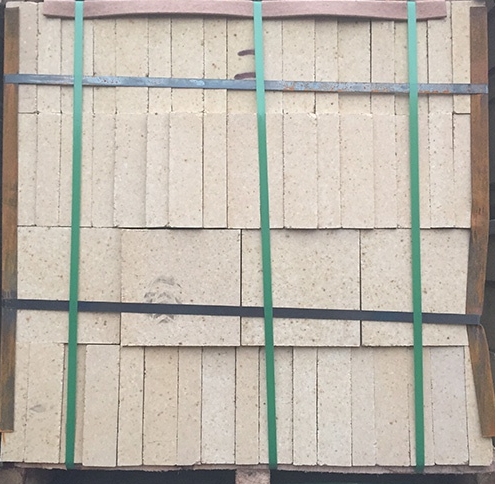- 01
- Apr
What are the factors that cause the damage of refractory bricks?
What are the factors that cause the damage of cărămizi refractare?
1. Factori chimici
1. Chemical attack of molten slag (including chemical attack of molten furnace dust). Generally, it is the main factor for the corrosion of the refractory brick lining of the smelting furnace.
2. Chemical corrosion of furnace gas. Mainly refers to the gradual oxidative corrosion in the oxidizing furnace gas at high temperature.
3. Chemical corrosion between refractory bricks. If acidic and alkaline refractory bricks are mixed together, fusible compounds will be formed at the contact point at high temperature, causing both to be corroded at the same time.
4. Electrochemical erosion. The anode (zinc) of a copper-zinc battery. Continuously being oxidized and corroded, the principle of electrochemical erosion of carbon refractory bricks is the same. In high-temperature smelting furnaces (such as oxygen steelmaking converters), when carbon-containing refractory bricks (such as tar-bonded bricks) are mixed with other refractory bricks, batteries may be formed. The molten slag is equivalent to the electrolyte, and the carbon-containing refractory brick becomes the anode, and the refractory brick is destroyed due to carbon oxidation.

2. Physical factors
1. Cracking of refractory bricks caused by drastic changes in temperature.
2. High temperature melting caused by too high temperature.
3. Reheating shrinks or expands, causing damage to the furnace body and shortening the service life of refractory bricks.
4. Improper oven, excessive heating, excessive thermal expansion, destroying the furnace body and shortening the life of refractory bricks.
5. The liquid metal penetrates into the refractory bricks through the visible pores of the refractory bricks, or penetrates into the cracks of the bricks, and after condensing into a solid state, the volume expands and stresses are generated, which accelerates the cracking of the bricks.
Three, mechanical factors
1. When adding materials, especially heavy metal materials, the mechanical impact on the furnace bottom and furnace wall is an important cause of brick cracking.
2. The flow of liquid metal (such as the electromagnetic stirring of the molten metal in the induction melting furnace) causes mechanical wear on the inner surface of the furnace lining.
3. The vault of the high temperature furnace is damaged due to the excessive extrusion force, which causes the inner side of the refractory brick to soften and deform.
